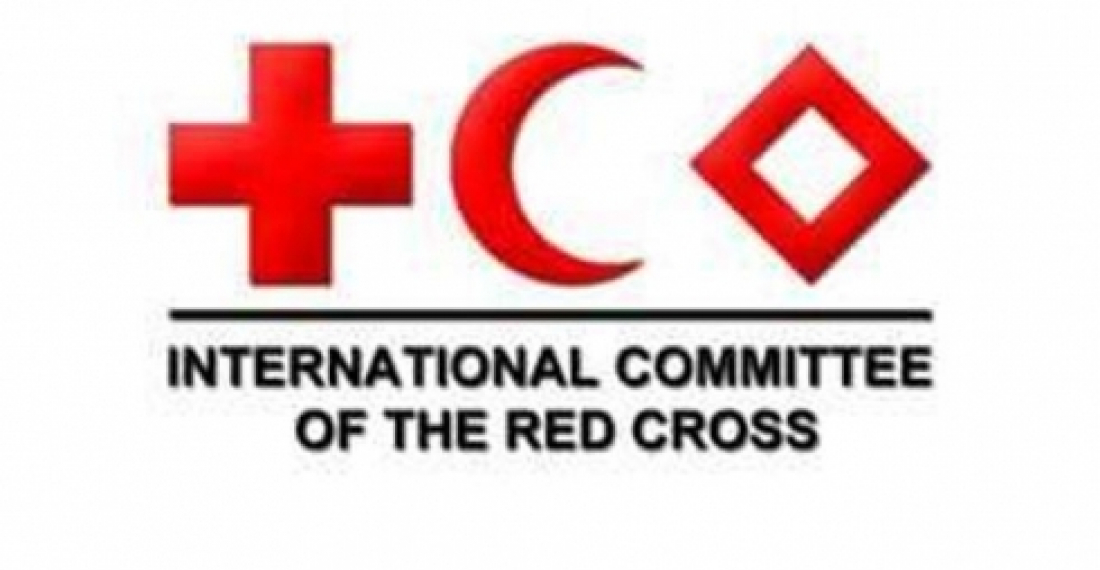The International Committee of the Red Cross (ICRC) has over the last few days been in intensive contacts with the governments of both Armenia and Azeerbaijan to try to facilitate the exhange of two prisoners of war that are being held by the two sides. Representatives of the ICRC delegations in both Baku and Yerevan have been in touch with the respective Ministries of Defence and have also visited the two prisoners.
On the night of August 7-8, an Armenian soldier, Hakop Injugulyan strayed into territory controlled by the Azerbaijani Army near Aghdam and was captured. An Azerbaijani soldier, Firuz Faragev, has been imprisoned by the Armenian side for some time and had earlier been reported by the Armenian authorities as not wanting to go to Azerbaijan.However in recent days the Armenian side has said that he has changed his mind and expressed a wish to return back to Azerbaijan.
It is not yet clear when the prisoner exchange will take place, but it is likely to be soon.
source: commonspace.eu with agencies







